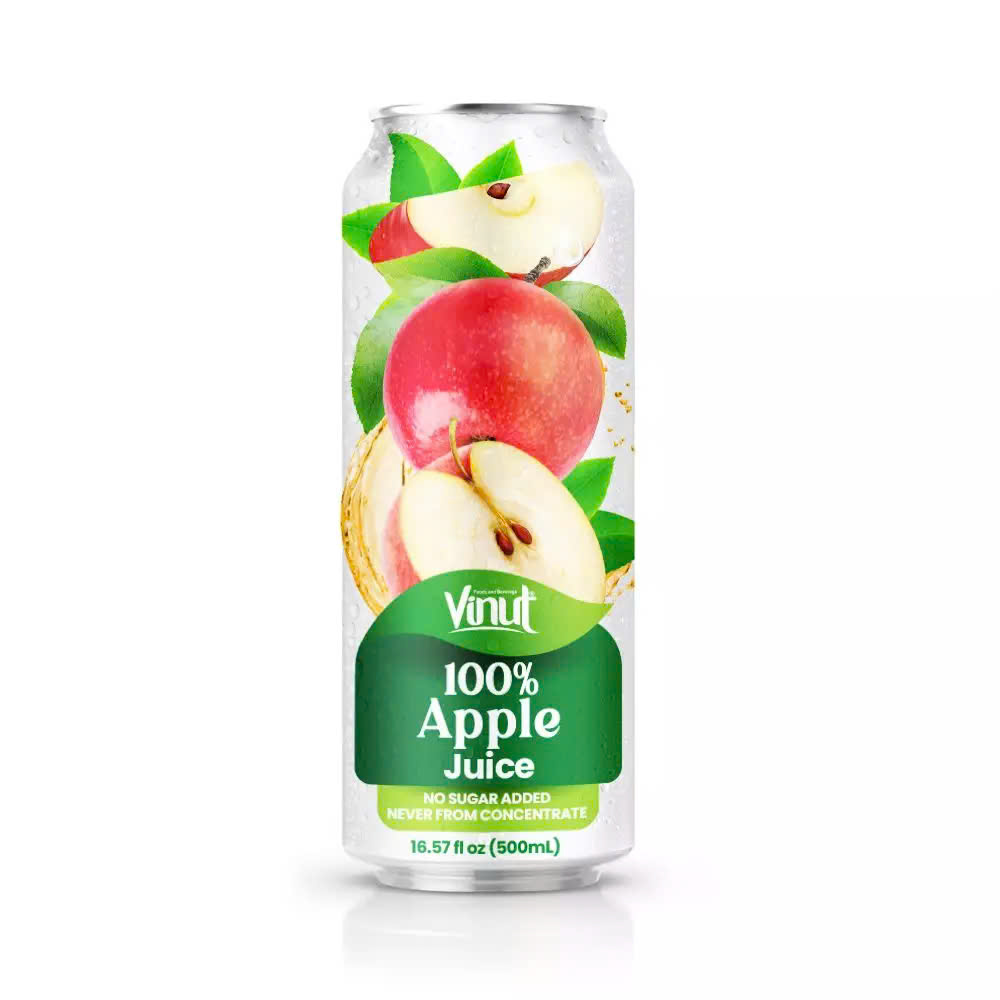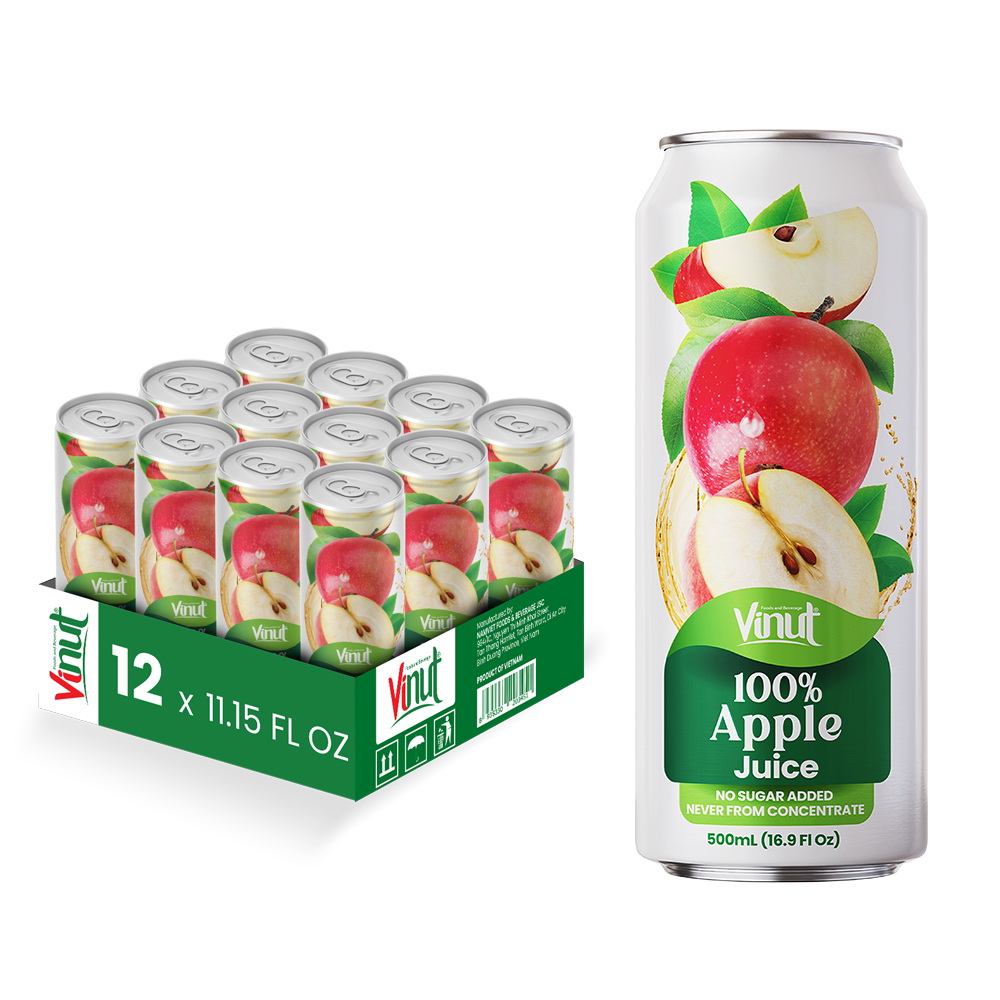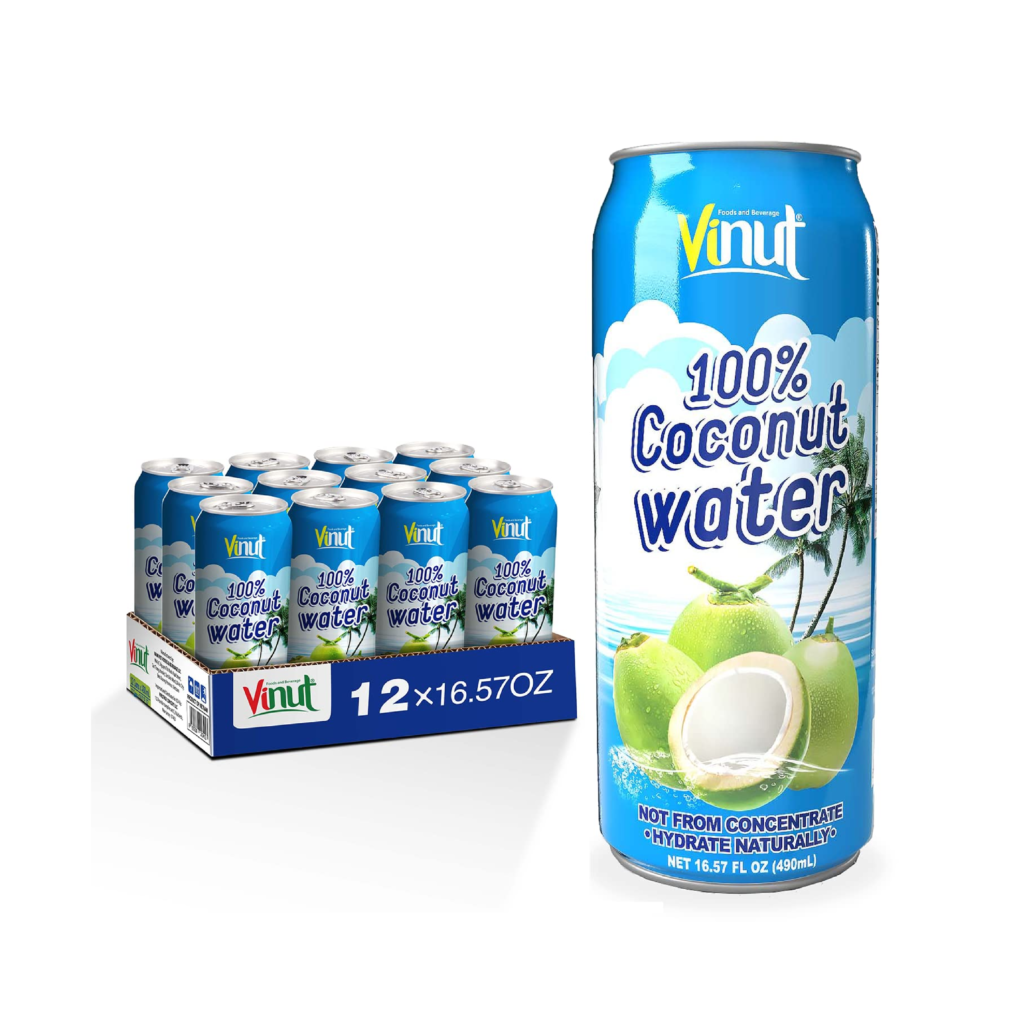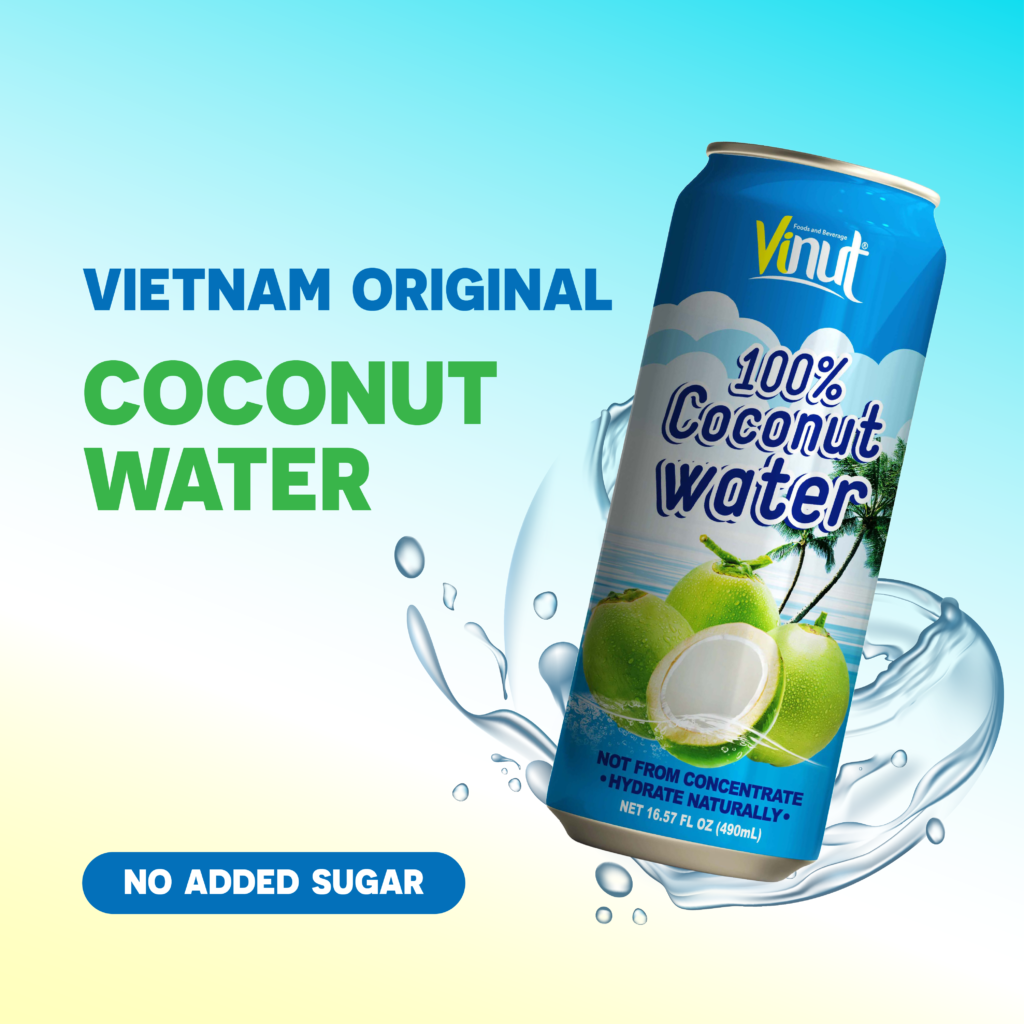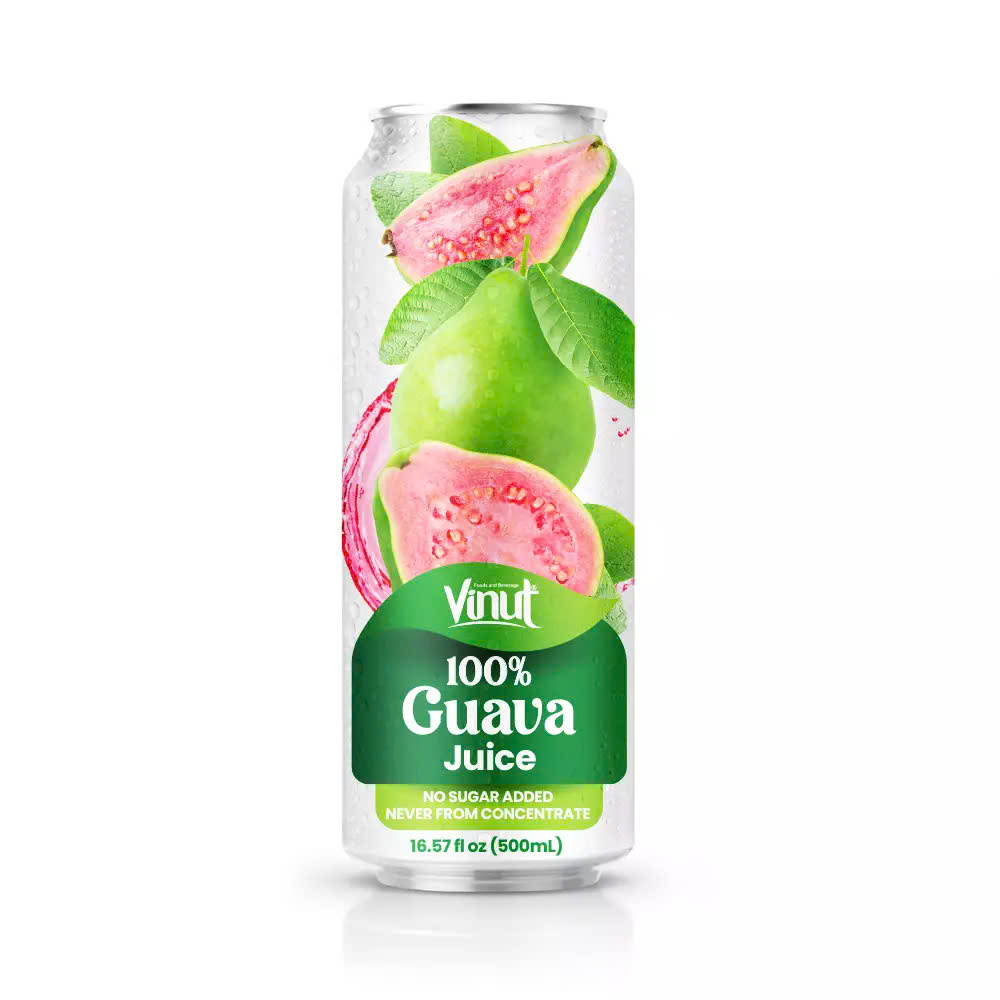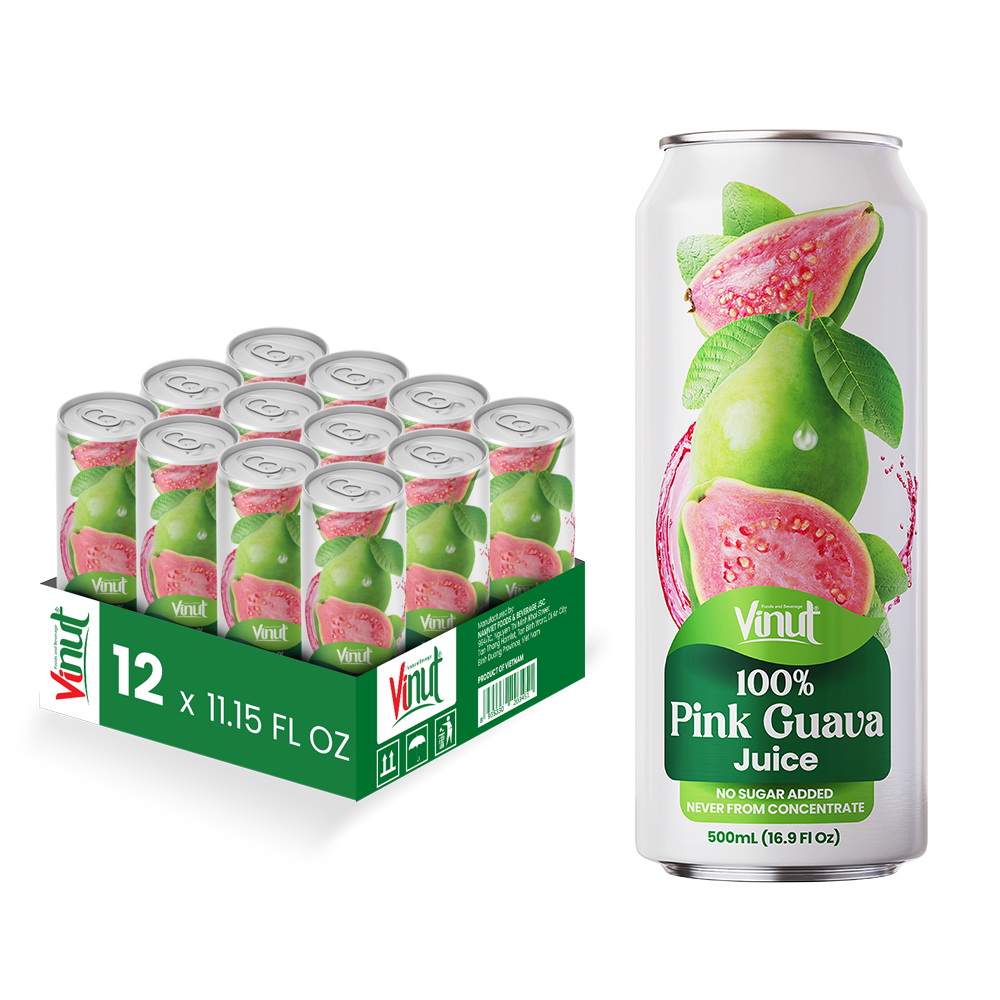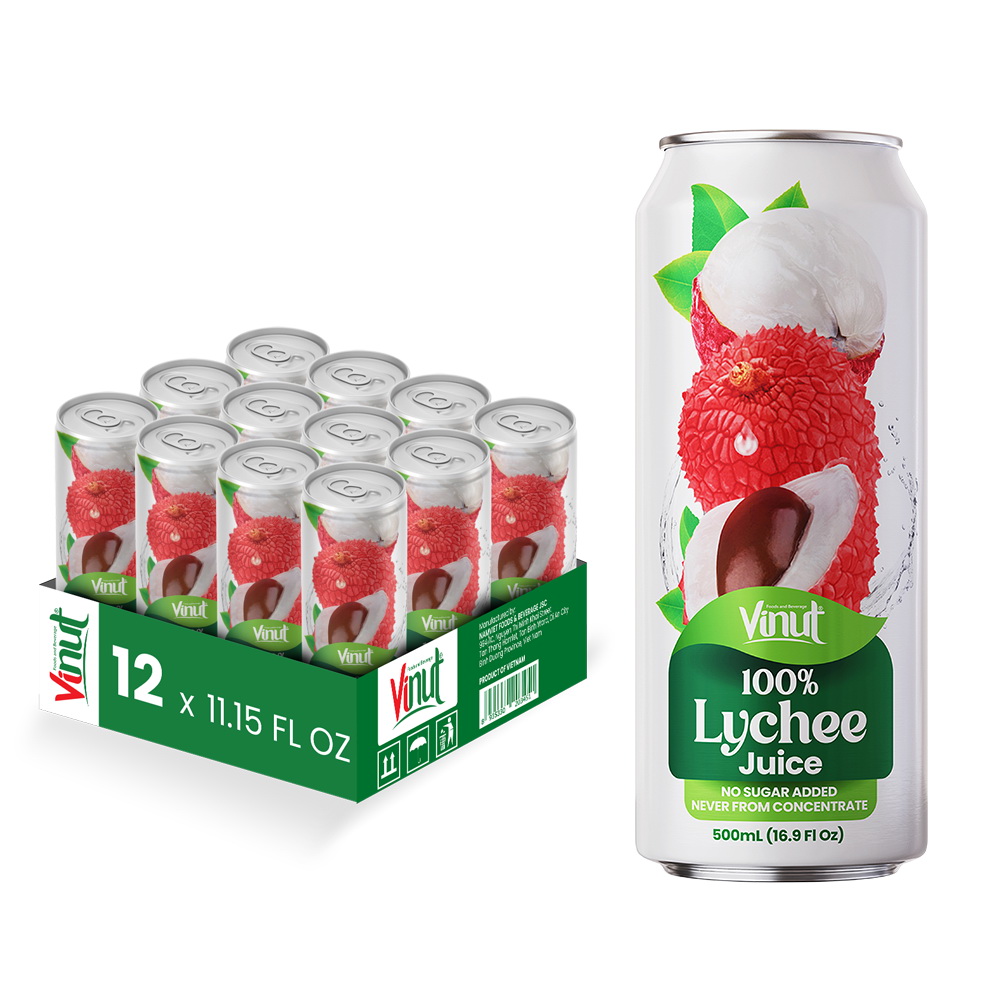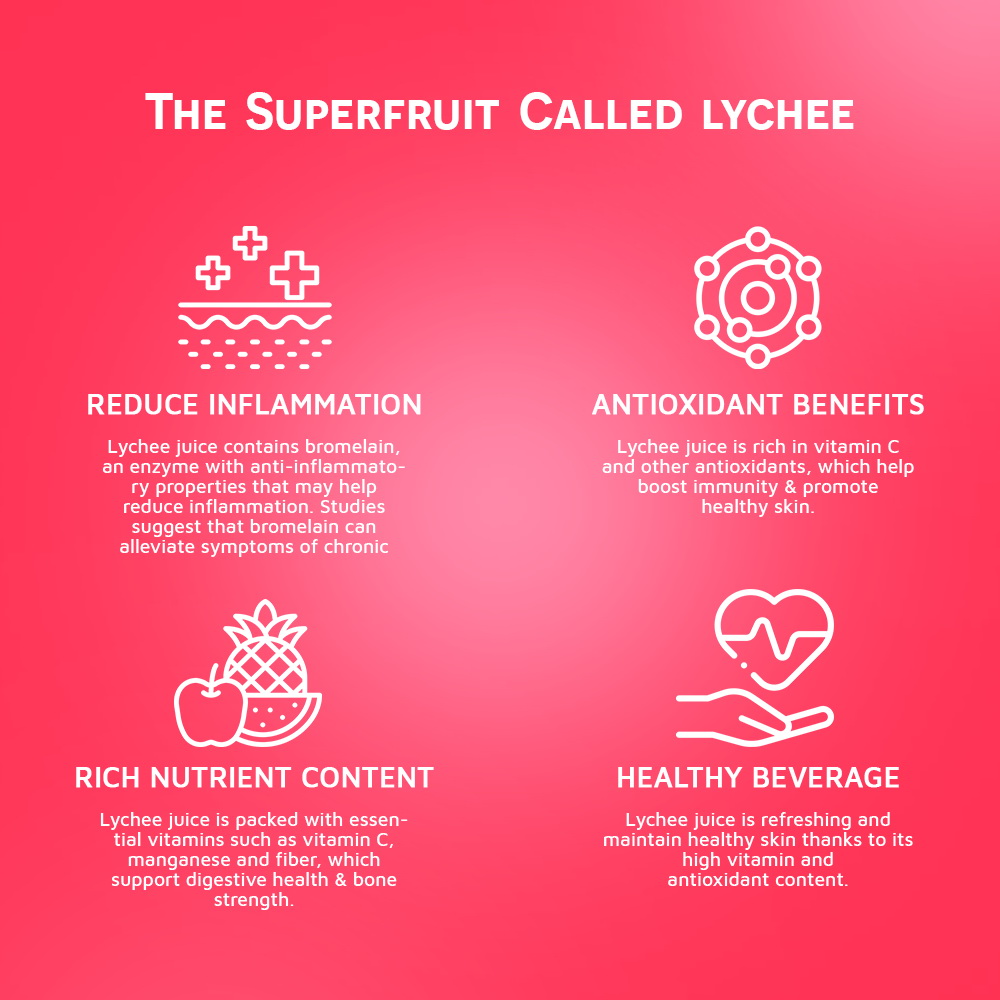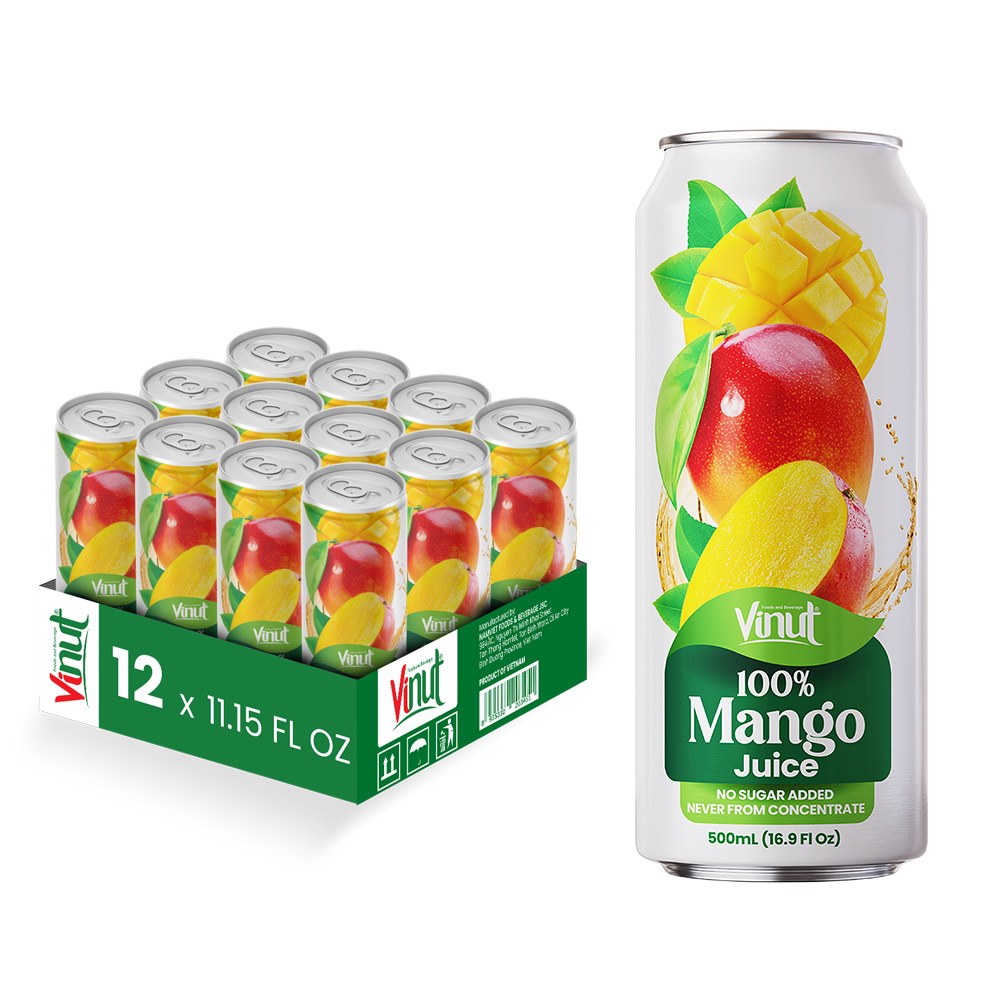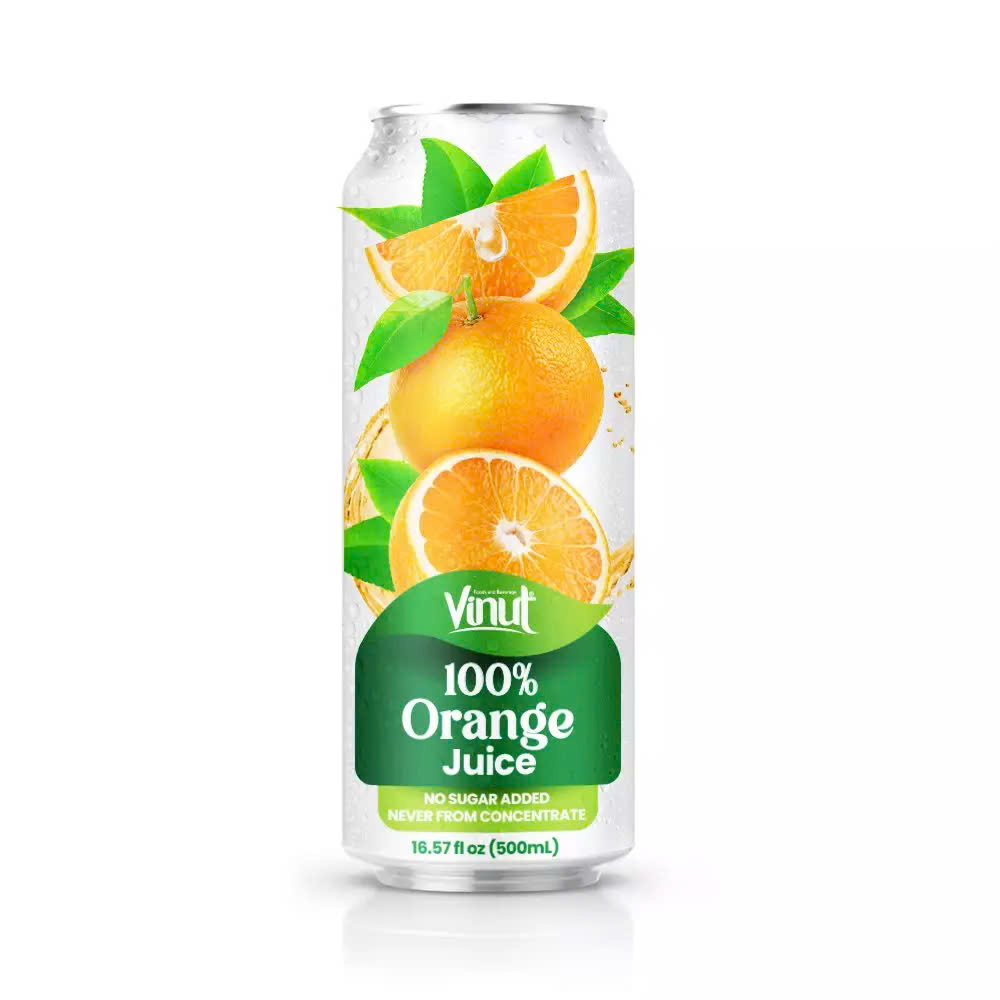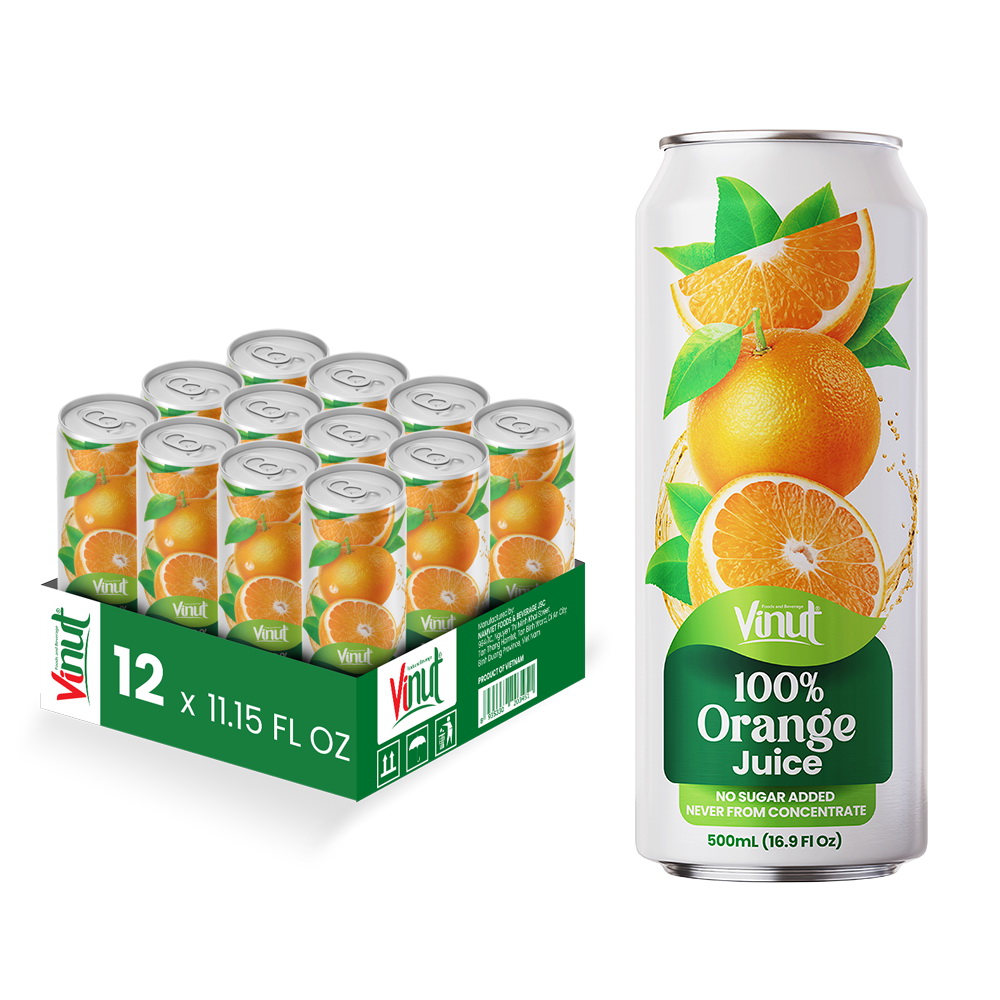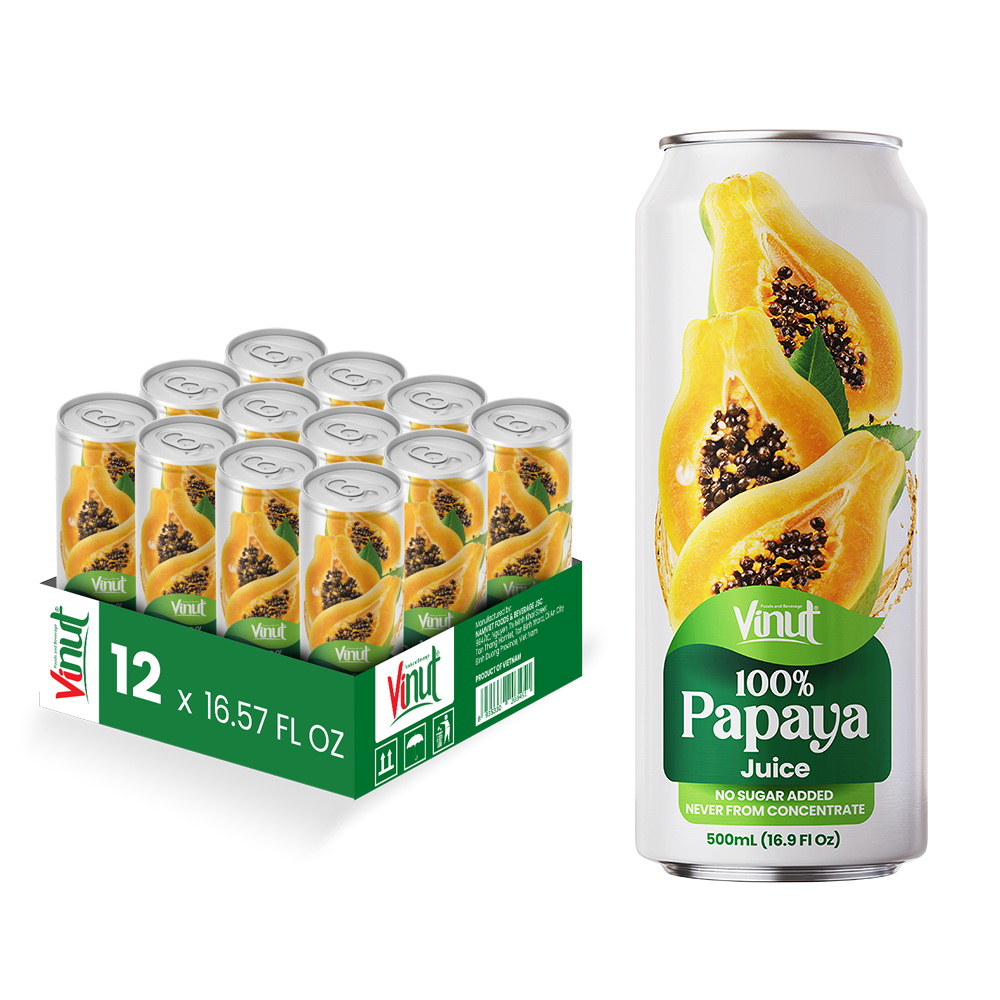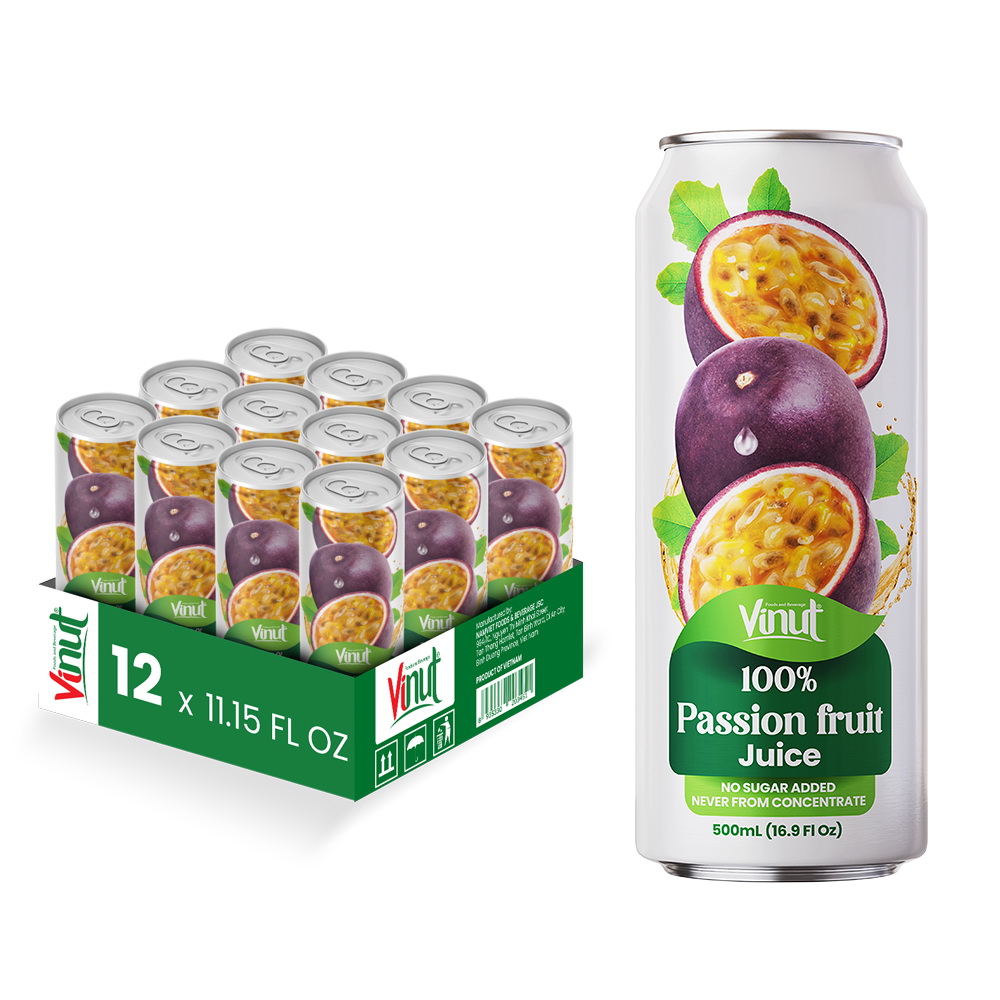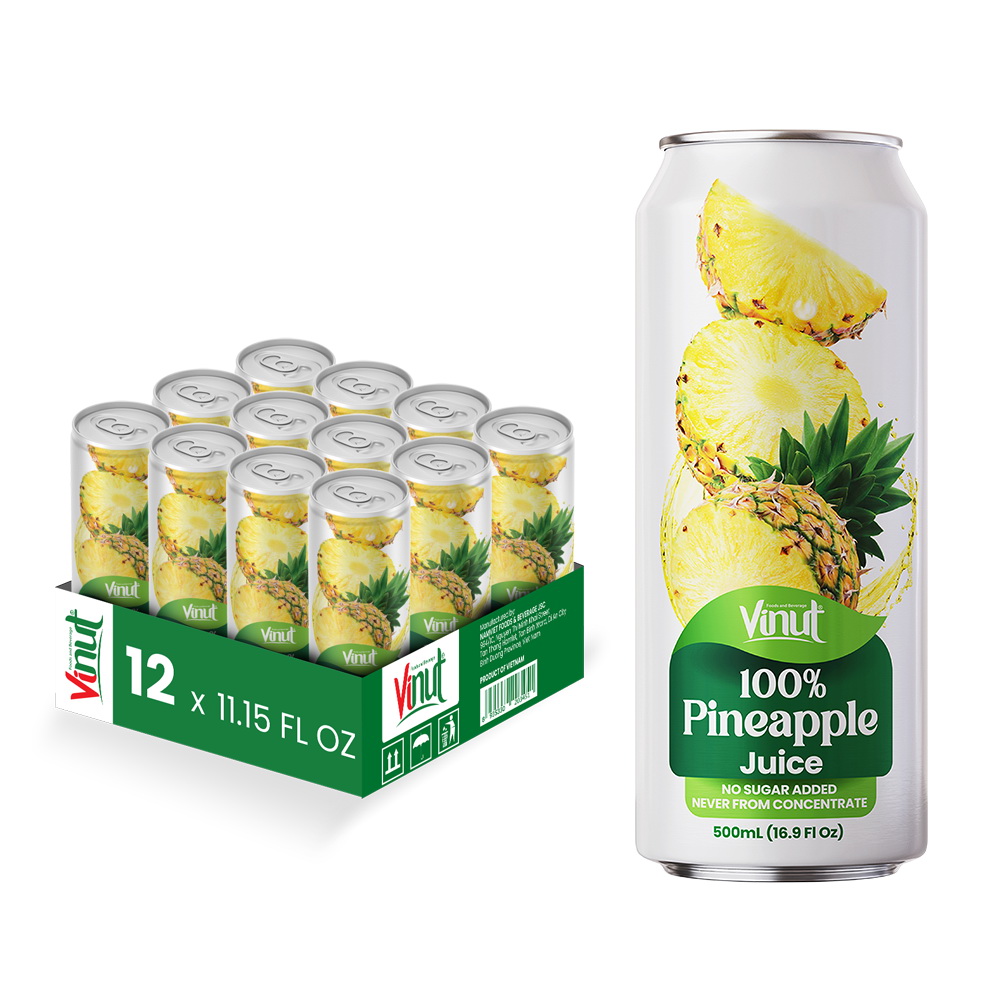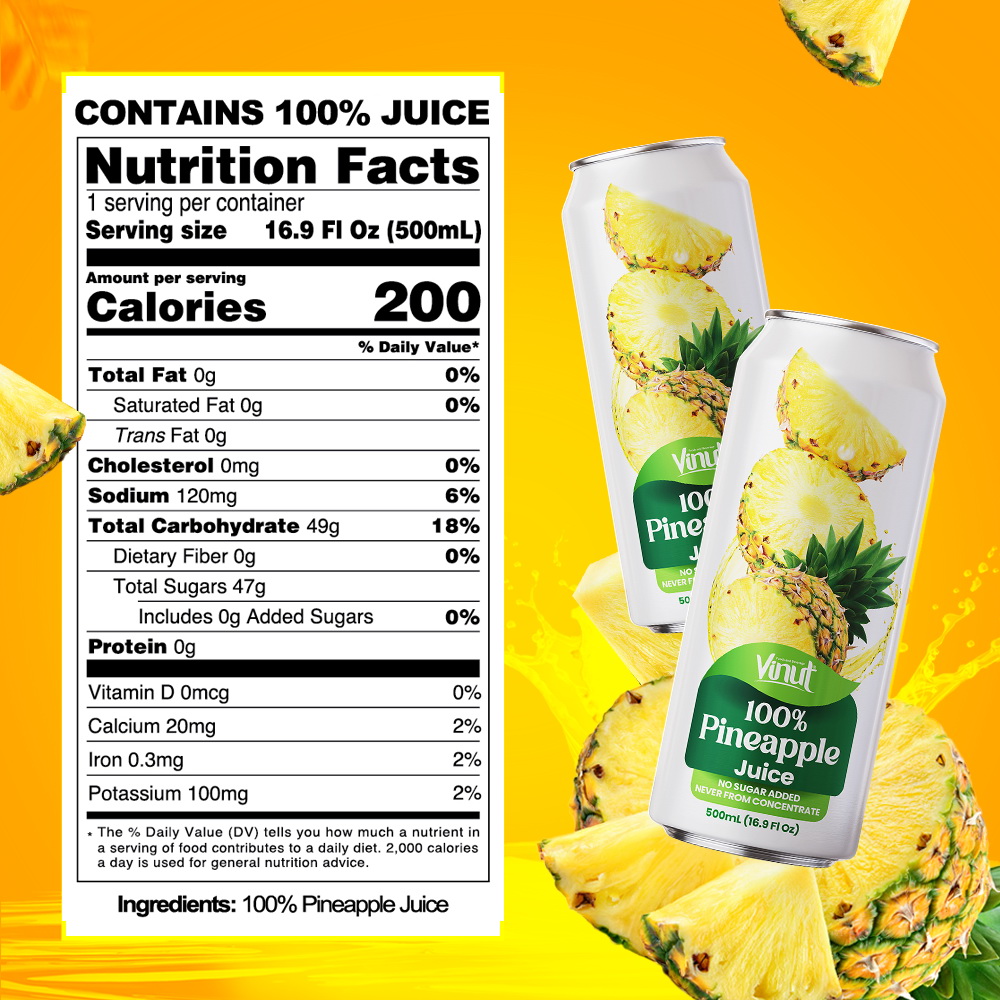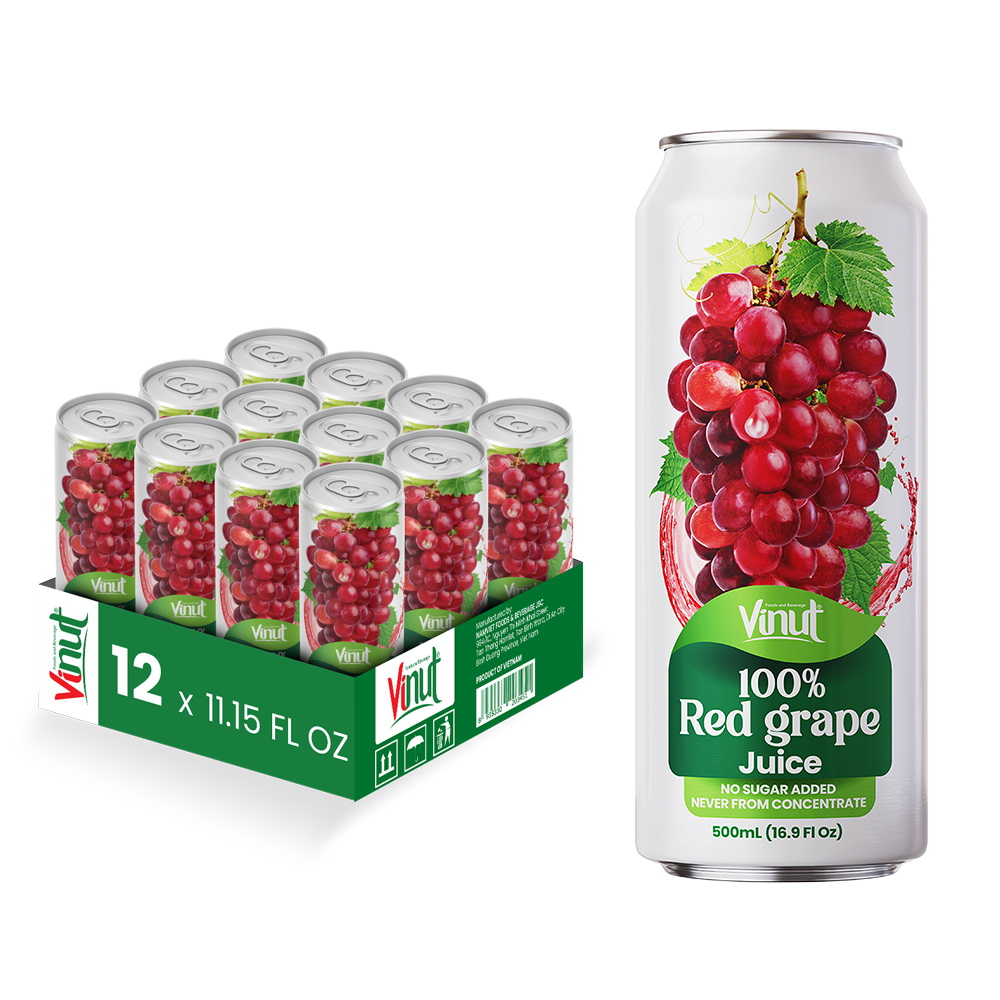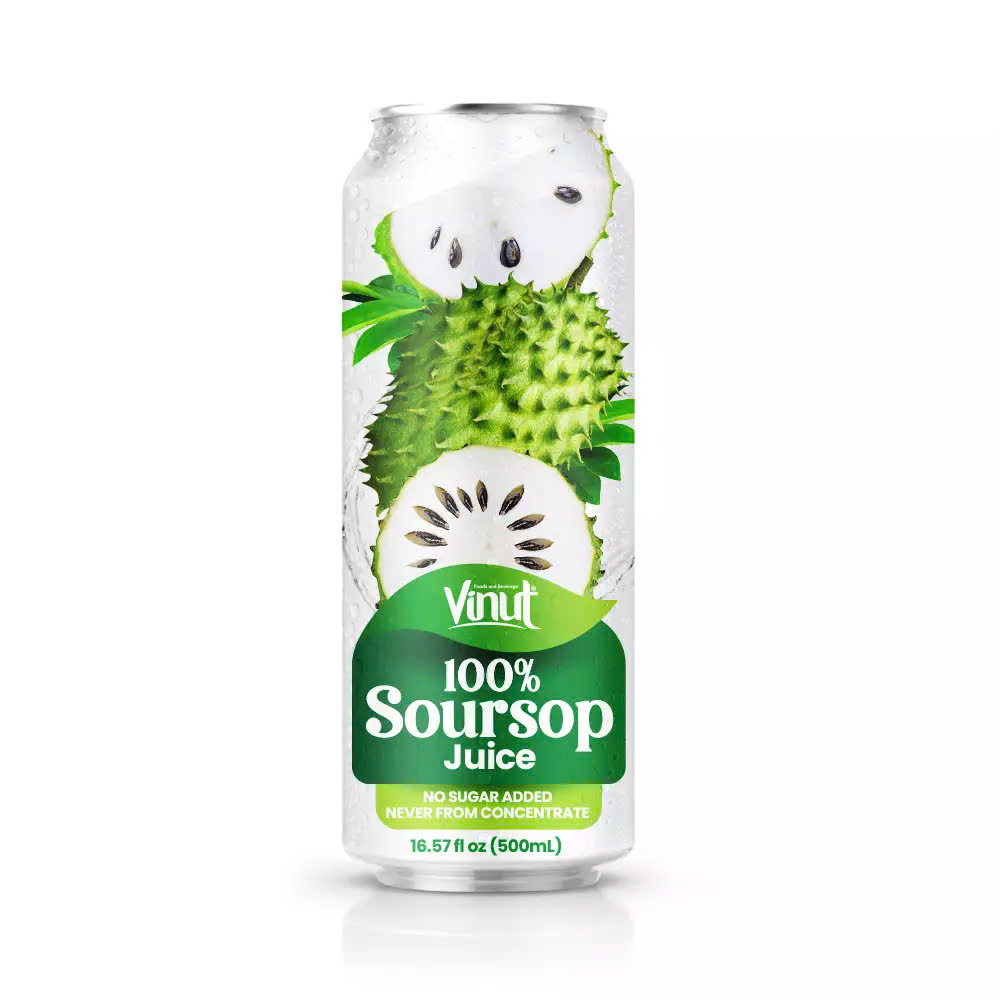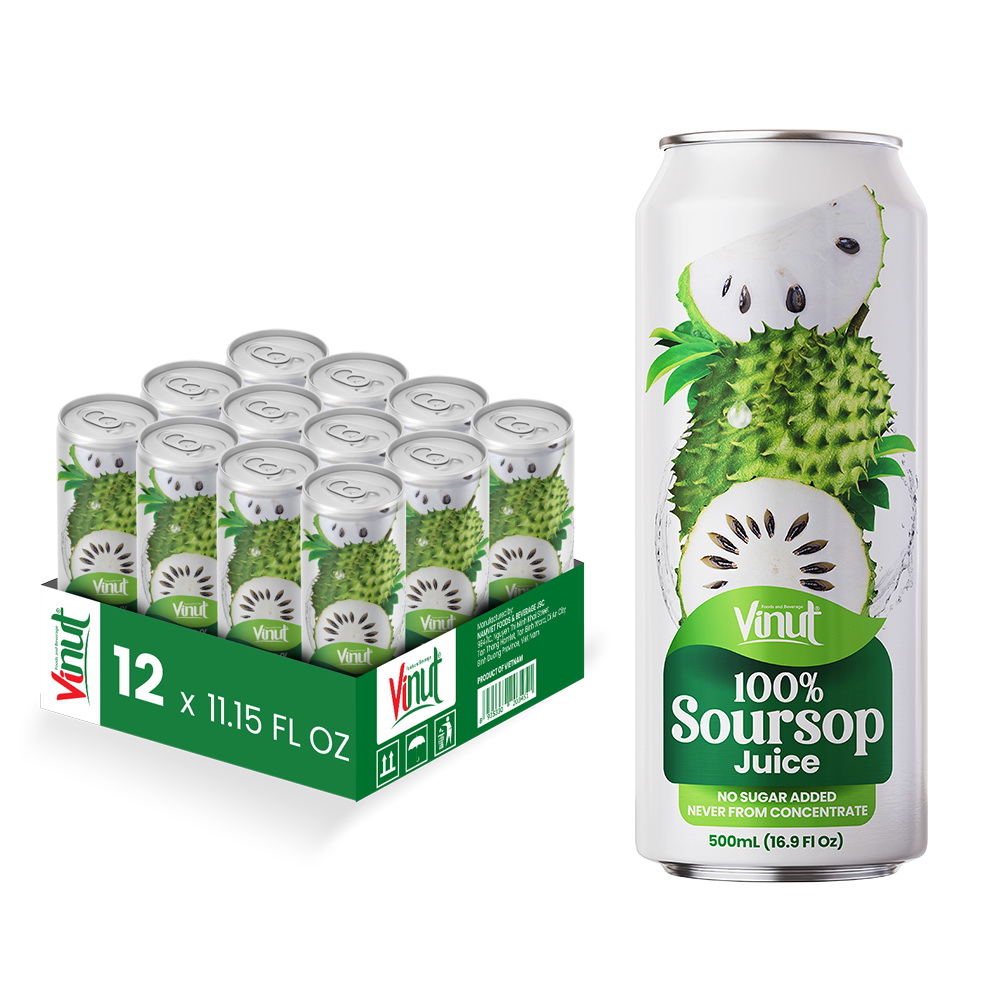
BLOG
8 Essential Nutrients Found in Aloe Vera Juice

1. Vitamins

1.1 Vitamin A
Vitamin A is a crucial nutrient for maintaining various bodily functions, including vision, skin health, and immune system performance. Aloe vera juice is a source of beta-carotene, which the body converts into Vitamin A. This vitamin plays a pivotal role in maintaining healthy eyesight by supporting the function of the retina and reducing the risk of age-related macular degeneration. Additionally, Vitamin A is vital for skin health, aiding in cellular repair and maintenance, which helps in reducing the appearance of acne, wrinkles, and other skin issues. The antioxidant properties of Vitamin A also contribute to immune function by enhancing the body’s ability to fight infections and illnesses.
1.2 Vitamin C
Vitamin C, also known as ascorbic acid, is a potent antioxidant that plays multiple roles in maintaining health. Aloe vera juice contains significant amounts of Vitamin C, which is essential for the synthesis of collagen—a protein that supports skin elasticity, blood vessel health, and wound healing. Vitamin C also helps protect cells from oxidative damage caused by free radicals, thereby reducing the risk of chronic diseases such as heart disease and cancer. Additionally, Vitamin C enhances the absorption of iron from plant-based foods, helping to prevent anemia.
1.3 Vitamin E
Vitamin E is another powerful antioxidant found in aloe vera juice. This fat-soluble vitamin protects cells from oxidative stress and damage by neutralizing free radicals. Vitamin E supports skin health by preventing damage from UV rays and reducing signs of aging such as wrinkles and fine lines. It also plays a role in immune function by supporting the production and function of immune cells. By incorporating aloe vera juice into your diet, you can benefit from Vitamin E’s protective effects on your overall health.
2. Minerals
2.1 Calcium
Calcium is a vital mineral that contributes to the formation and maintenance of strong bones and teeth. Aloe vera juice contains calcium, which is crucial for preventing osteoporosis and supporting proper muscle function and nerve signaling. Adequate calcium intake helps maintain bone density and strength, reducing the risk of fractures and other bone-related conditions. Aloe vera juice can be a valuable addition to your diet, especially if you’re looking to increase your calcium intake without consuming dairy products.
2.2 Magnesium
Magnesium is a mineral involved in over 300 enzymatic reactions in the body. It plays a critical role in muscle and nerve function, blood glucose regulation, and protein synthesis. Aloe vera juice provides magnesium, which helps maintain normal muscle and nerve function, supports a healthy immune system, and regulates blood pressure. Magnesium also contributes to energy production and helps in the synthesis of DNA and RNA. By incorporating aloe vera juice into your daily routine, you can support your body's magnesium needs and promote overall health.
2.3 Potassium
Potassium is an essential mineral that helps regulate fluid balance, muscle contractions, and nerve signals. Aloe vera juice is a good source of potassium, which supports heart health by managing blood pressure and maintaining proper electrolyte balance. Potassium helps counteract the effects of sodium, reducing the risk of hypertension and stroke. Additionally, potassium is crucial for proper cellular function and maintaining healthy muscle and nerve activity. Drinking aloe vera juice can help you meet your potassium needs and support cardiovascular health.
3. Amino Acids
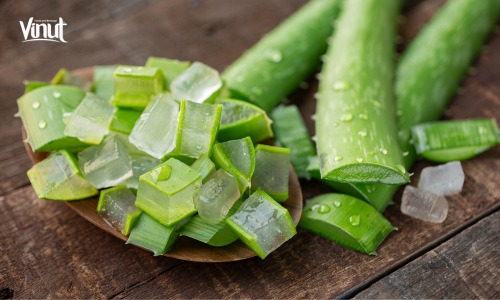
Amino acids are the building blocks of proteins, and essential amino acids are those that the body cannot synthesize on its own. Aloe vera juice contains several essential amino acids, including leucine, lysine, and valine. These amino acids play a critical role in protein synthesis, muscle repair, and overall growth and development. Essential amino acids support various bodily functions, including immune response, enzyme production, and neurotransmitter synthesis. By incorporating aloe vera juice into your diet, you can ensure that you’re getting these vital nutrients to support overall health and well-being.
4. Enzymes
4.1 Proteolytic Enzymes
Proteolytic enzymes, such as bradykinase, are present in aloe vera juice and play a crucial role in breaking down proteins into smaller peptides and amino acids. This process aids in digestion and enhances the absorption of nutrients from food. Proteolytic enzymes also have anti-inflammatory properties that can help reduce inflammation and support overall digestive health. By consuming aloe vera juice, you can benefit from these enzymes and promote a healthy digestive system.
4.2 Lipase
Lipase is an enzyme that assists in the digestion and breakdown of fats. Aloe vera juice contains lipase, which helps metabolize fats and supports efficient digestion. Lipase plays a role in breaking down triglycerides into fatty acids and glycerol, which can be easily absorbed by the body. Proper fat metabolism is essential for maintaining a healthy weight and overall metabolic function. Including aloe vera juice in your diet can support efficient fat digestion and contribute to a balanced metabolism.
5. Polysaccharides
Acemannan is a key polysaccharide found in aloe vera juice that offers numerous health benefits. It supports the immune system, promotes healthy digestion, and has anti-inflammatory properties. Acemannan helps soothe the digestive tract, reducing inflammation and promoting healing of damaged tissues. Additionally, this polysaccharide contributes to the hydration of the skin and supports overall immune function. By consuming aloe vera juice, you can take advantage of acemannan’s beneficial effects on your digestive and immune systems.
6. Antioxidants

6.1 Flavonoids
Flavonoids are a group of potent antioxidants found in aloe vera juice that help combat oxidative stress and protect cells from damage. These compounds have anti-inflammatory and immune-boosting properties, contributing to overall health and wellness. Flavonoids support cardiovascular health by reducing inflammation and improving blood vessel function. Additionally, they help protect the skin from oxidative damage, which can reduce the risk of premature aging. Regular consumption of aloe vera juice can increase your intake of beneficial flavonoids and support a healthy lifestyle.
6.2 Polyphenols
Polyphenols are another group of antioxidants present in aloe vera juice that offer several health benefits. They help neutralize free radicals, reducing oxidative damage and supporting overall health. Polyphenols have been shown to have anti-inflammatory effects, which can help reduce the risk of chronic diseases such as heart disease and cancer. Additionally, these antioxidants support cardiovascular health by improving blood flow and reducing inflammation. Aloe vera juice provides a natural source of polyphenols, contributing to a balanced and healthy diet.
7. Beta-Carotene
Beta-carotene is a precursor to Vitamin A and an important nutrient found in aloe vera juice. It has antioxidant properties that help protect the skin from oxidative damage and support healthy vision. Beta-carotene is converted into Vitamin A in the body, which plays a role in maintaining healthy skin, vision, and immune function. By incorporating aloe vera juice into your diet, you can benefit from beta-carotene’s protective effects and support overall health.
8. Fiber
Dietary fiber is an essential nutrient found in aloe vera juice that supports digestive health. Fiber helps promote regular bowel movements, prevent constipation, and maintain overall gut health. It also contributes to a feeling of fullness, which can help with weight management. Fiber supports the growth of beneficial gut bacteria, contributing to a healthy microbiome. By including aloe vera juice in your diet, you can increase your fiber intake and support a healthy digestive system.
Conclusion
Aloe vera juice is a nutrient-dense beverage that provides a wide range of essential vitamins, minerals, amino acids, enzymes, and antioxidants. Its health benefits extend to supporting digestion, boosting immunity, promoting skin health, and maintaining overall well-being. By incorporating aloe vera juice into your daily routine, you can take advantage of these vital nutrients and contribute to a healthier lifestyle.
Whether you’re looking to enhance your immune system, support digestive health, or simply enjoy a refreshing drink, aloe vera juice offers a natural and nutritious option. Its rich profile of essential nutrients makes it a valuable addition to any health-conscious diet. Embrace the benefits of aloe vera juice and enjoy its positive impact on your health and well-being.


